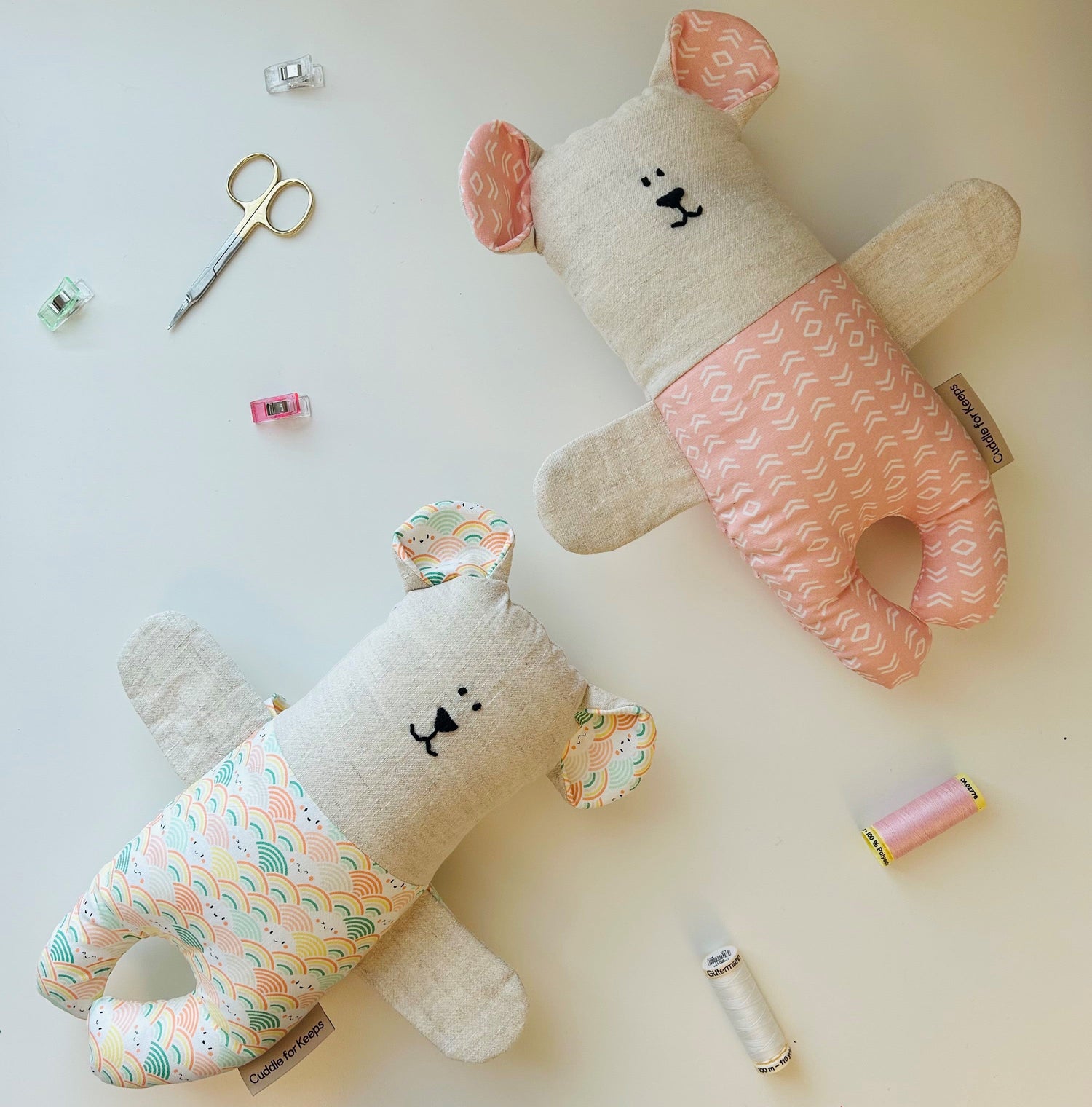“I’m sorry, there is no heartbeat.”
Those were the words that changed my life forever.
Instead of walking out of the hospital, arms filled with my new bundle of joy, I walked out empty-handed. My heart was filled with pain.
Grief is never easy. No matter how young or old you are, no amount of wisdom or life experience can prepare you to lose someone you love – let alone your own child.
Losing a child to stillbirth is not only the loss of life. It’s the loss of any and all dreams that one would have had as a parent. You suffer the pain of death in your arms, of burying them six feet under, and of hoping that you will always remember what they felt like for those brief moments that you held them. You hope that you will always remember what they looked like – and you always wish that you had more time and more photos.
Losing Hopes and Dreams
You’ll never know the sound of their voice.
You’ll never see them take their first steps.
You won’t walk them up to the doors on the first day of school.
You won’t change their diaper or be woken in the middle of the night (and it’s times like this that make you really wish you could be woken in the middle of the night by a screaming baby rather than by deafening and panic-ridden silence).
You may never know the color of their eyes and their eyes will surely never look into yours.
Your breasts will be filled with milk, swollen with pain, and eventually dry up without ever being able to provide nourishment and growth. Or, the baby bottles will sit empty and you may feel like throwing them across the room in rage.
Their little fingers will never grab onto your pinky. Their hands will never grow, eventually matching the size of yours.
Instead of celebrating their first birthday, you’ll anxiously get closer and closer to the day you lost them, wishing it will pass by as quickly and painlessly as possible.
No artwork from school will hang on your fridge.
No playdates will be had.
No bedtime stories will be read.
You’ll never know if they would have liked sports or music, singing or sailing, green or yellow.
You’ll never see them graduate high school, go on their first date, or know what career path they would have chosen.
Your parents will grieve the loss of the grandchild that was supposed to do sleepovers with them and whom they were supposed to spoil with ice cream and useless toys.
Your parents will grieve their dead grandchild while simultaneously bear the pain and suffering of their own child. They will be completely at a loss for how to solve this problem. Truth is, there is nothing that anyone could say or do to solve this problem.
I had never experienced a pain like this. The grief and emotional toll was so enormous that it quite literally took my breath away for months. I didn’t know how I could go on living.
Grief and Time
It’s been nearly 13 years since my loss, and I can vividly, even physically, remember the immensity of it all. At the same time, it feels so far away. Like another lifetime. Like it happened to someone else, not me. In some ways, it did happen to someone else. I am no longer that person.
It is true what they say: time heals.
I very much grieved my son alone, and there are many things I wish I would have done differently. I rarely spoke his name. I often suffered in silence. Neither, by choice.
I wish that I could hold the girl that I used to be and tell her that it would all be okay. That her grief would change and morph in a way that would make her better. Stronger. That one day, while nothing would ever fully make sense about losing a child, it would somehow make sense. That life would be brighter. That life would make her take her grief and turn it into something good.
Grief can be all-consuming and overwhelming. It can be nuanced and complex. In the immediate aftermath of loss, grief feels like an unrelenting storm. But as time goes on, it transforms into a series of waves, sometimes gentle, sometimes strong, but always present. In between the waves, there are moments of reflection and healing.
On the other side of profound grief, there can be profound beauty. I believe that if you know the pain of grief, of truly losing, then you will know the joy of truly living.
If you or someone you know is struggling with this immense loss, remember that there are support networks and resources available. PAIL Network offers a suite of online resources as well as peer-led group and individual support services for families. Connecting with others who have experienced similar grief can provide comfort and help in finding a path forward. You are not alone, and with time, there is hope for healing and finding peace.
Cuddle,
Suzanne





